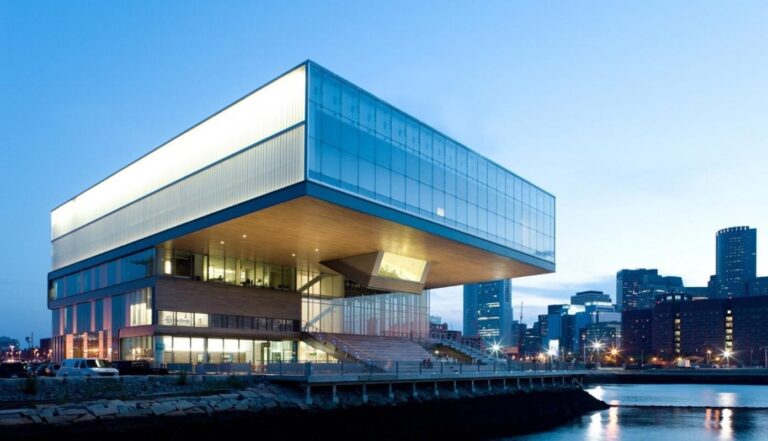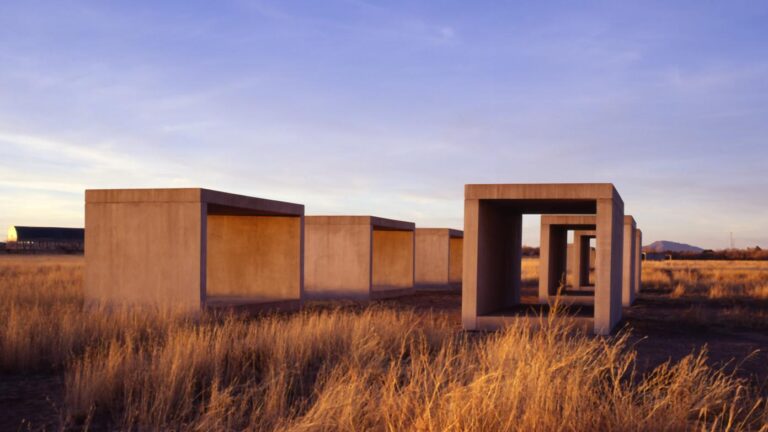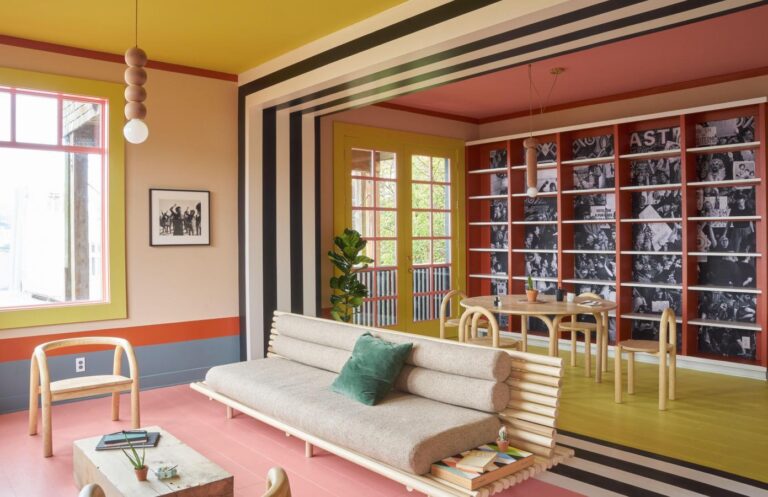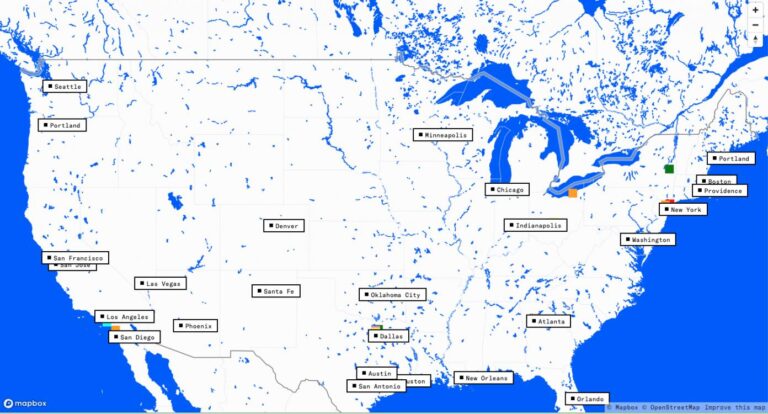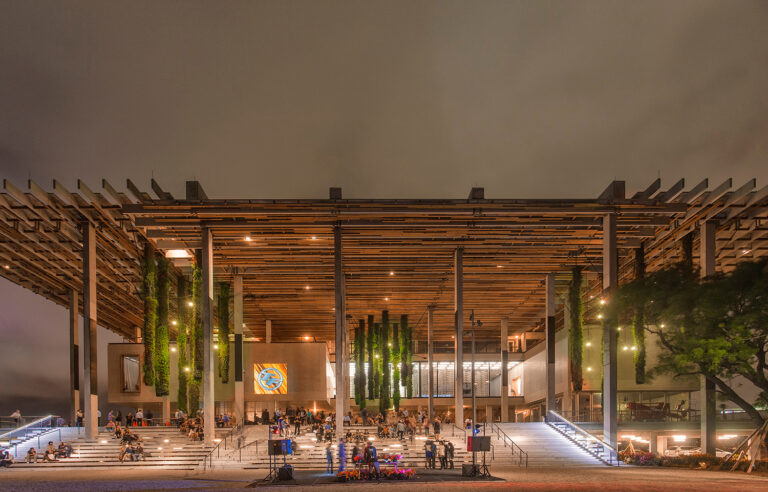
Diliana Alexander: “Florida had a tough time when we started 10 years ago. That is changing.”
Interview
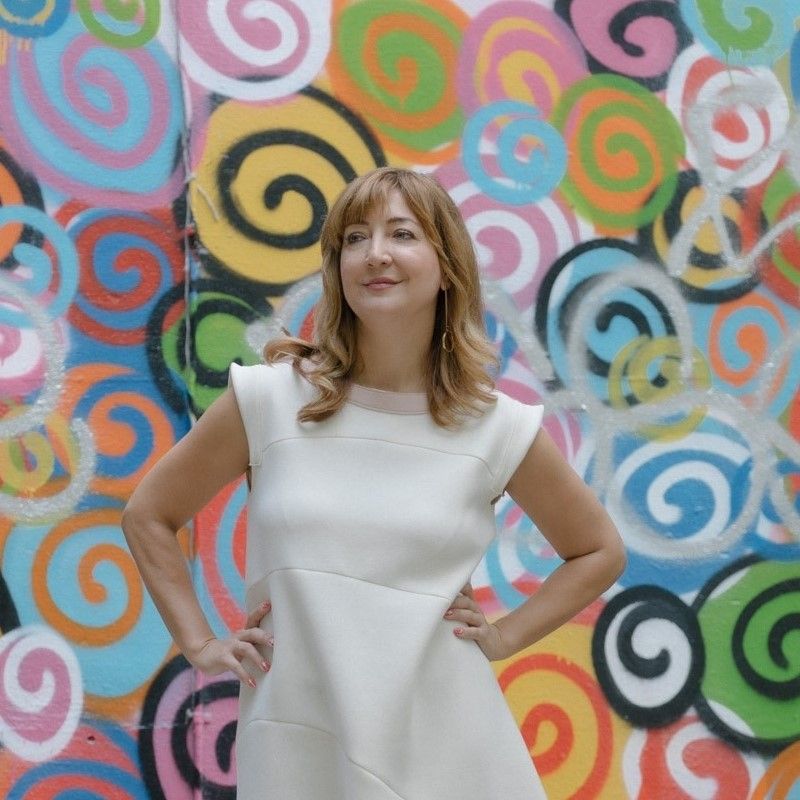
By Jalalle Essalhi & Camille Jeanjean
The rise of immersive reality technologies in Florida comes from pioneers like FilmGate Miami. Its festival, FilmGate Interactive, celebrates its 10th anniversary this year, from November 29 to December 3. Interview with Diliana Alexander, Executive Director of FilmGate Miami.
About Diliana Alexander: Diliana Alexander is the Executive Director of FilmGate Miami, an organization which empowers Florida’s visual storytellers and delivers a range of multidisciplinary programs in film, digital media, interactive and immersive content, virtual and augmented reality. She is especially interested in the convergence of art, science and technology. Diliana began her careers in Canada as a producer, where she worked for CBC, HGTV, the Learning Channel and Showtime. She is a guest lecturer at Florida International University and Broward College and is currently directing/producing a virtual reality project on the iconic Stilstville Houses in Biscayne Bay.
Does immersive reality play an important role in Florida’s arts and culture scene?
Increasingly so. Florida had a slow start, we had a tough time when we started 10 years ago. Now University of Miami has an excellent Department of Interactive Media, University of Florida has strong female immersive artists and academia, Miami Dade has an animation school focused on gaming and Florida International University is entering the space. Museums are focusing their attention on immersive initiatives – the Frost Science Museum, Superblue, Pamm, the History Museum are now working on a five year digital plan. The local foundations like The Knight Foundation and the Downtown Development Authority, are supporting new tech initiatives. Art house theaters like O Cinema are also programming immersive projects. We know that Mixed Reality engagement awakens citizens to participate and we value inclusivity and equity in a digital age. Wonder and expression can be magnified.
Are there any “Floridian” specificities when it comes to these technologies?
What has been a bit frustrating is that sometimes funding and audiences get pulled into buzzy ideas – like NFTs and Web3, as opposed to requiring high quality or a sustainable long term strategy. Florida is great at marketing, but traditionally we have not had the quantity of successful tech startups, with the exceptions of MagicLeap. I honestly think that with increased investment in immersive by funding and government agencies, that is changing. Also now big events like Art Basel Miami are focused on art and tech intersections. There is an increased interest in immersive public installations for example and artists, who work in the space are being programmed at Pamm and the Bass Museum
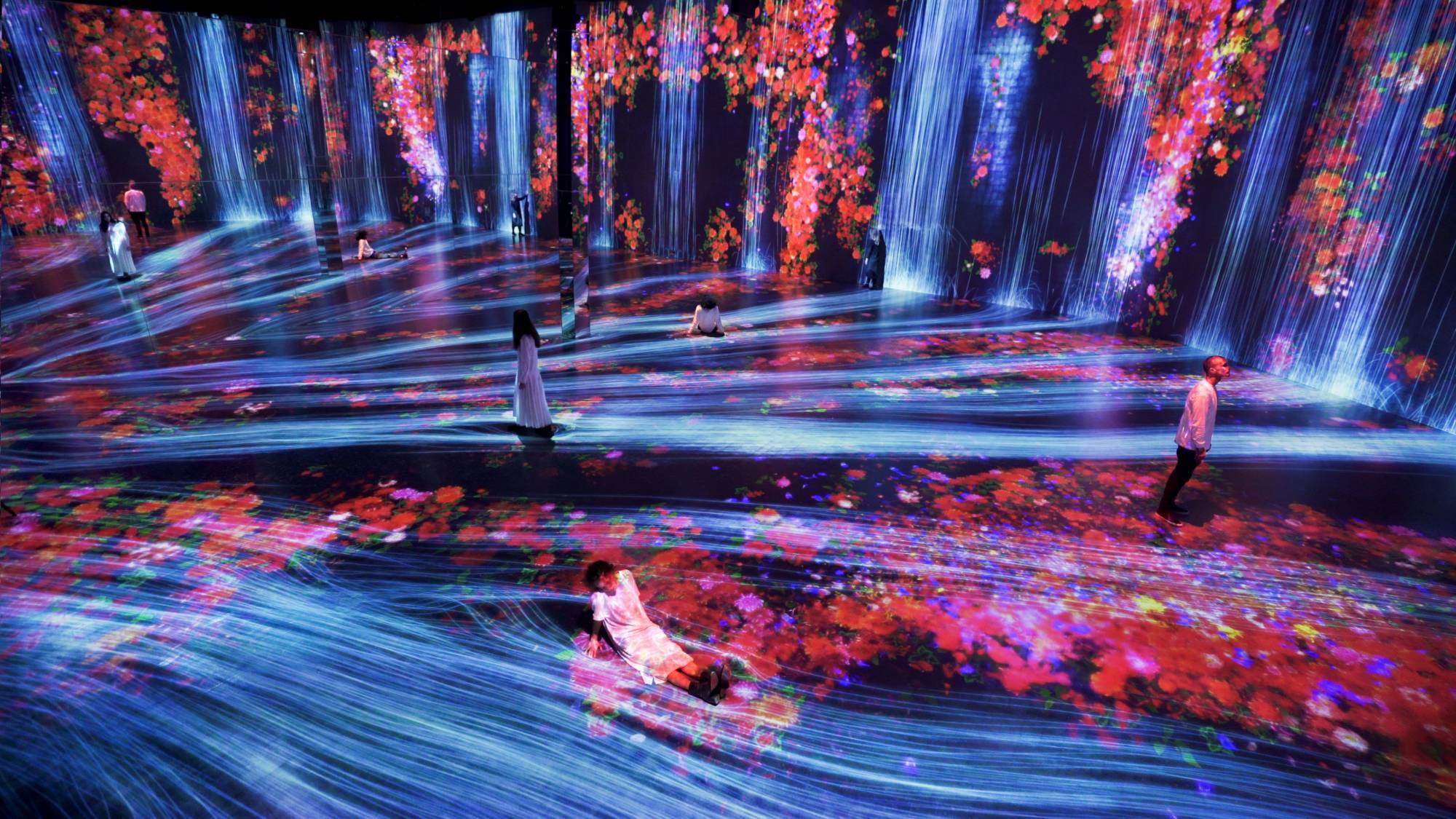
Every Wall is a Door © teamLab / Superblue Miami
What role does scientific/academic research play in the development of immersive reality technologies in Florida? What are the best training courses?
In addition to FGI’s commitment, Florida’s universities are really leaders in the Florida immersive space. We work with many students from University of Miami (UM), Florida State University (FSU), and Miami Dade College’s Animation & Gaming International Complex (MAGIC). I am planning to complete my PHD in immersive and AI at UM. UM specifically is focused on immersive storytelling, gaming, architecture, music and healthcare. Magic focuses on VR gaming and animation. Florida State has very strong programs in digital heritage and 3D modelling. One of our favorite artists is a resident at FIU and is creating immersive and emotional experiences with robots.
What are the leading professional festivals and events in Florida?
Outside of FIlmGate Interactive of course, I really like ScreenDance, which focuses on immersive contemporary dance, Popcorn Frights, because I am a huge horror fan, Miami Film Festival, it’s very traditional, but it’s a staple, Orlando Film Festival, Ibero Film Festival, Sunscreen, Sarasota, Fort Lauderdale Film Festival, Third Horizon, OUTshine (our LGBTQ fest), and the Brazilian Film Festival. We are the only Festival that focuses exclusively on immersive and unfortunately, outside of ScreenDance, almost no one programs immersive. We aim to partner and change that.
Could you tell us more about the festival’s organization and curation? How many applications are received on average and how many are included in the final selections?
We have two fests, our monthly festival is a hyper local short “flatties”, running for 11 years to sold out audiences. Our international festival that you will attend this year, FilmGate Interactive (FGI), leads into Art Basel Miami. We celebrate our 10th Year Anniversary. It was conceived with a Knight Foundation Arts Challenge grant.
Our interactive fest received close to 500 submissions this year, and we selected 15 out of the submissions and invited 8 more from meeting creators at different festivals and industry events. We have our biggest regional presence of immersive projects ever – the South, Florida and Miami. It’s very exciting.
Given your interest in the convergence of art, science and technology, how would you describe this convergence at FilmGate Miami?
We do not only program VR but interactive installations, dome experiences, immersive sound and this year, we have a robust academic and business focus due to our partnership with University of Miami, Snap, Microsoft and the DDA. The festival will feature talks, workshops, experiential installations, parties, music, and more, closing with our Sunset Cruise on the bay. Our theme for the festival this year is REGENERATE X.
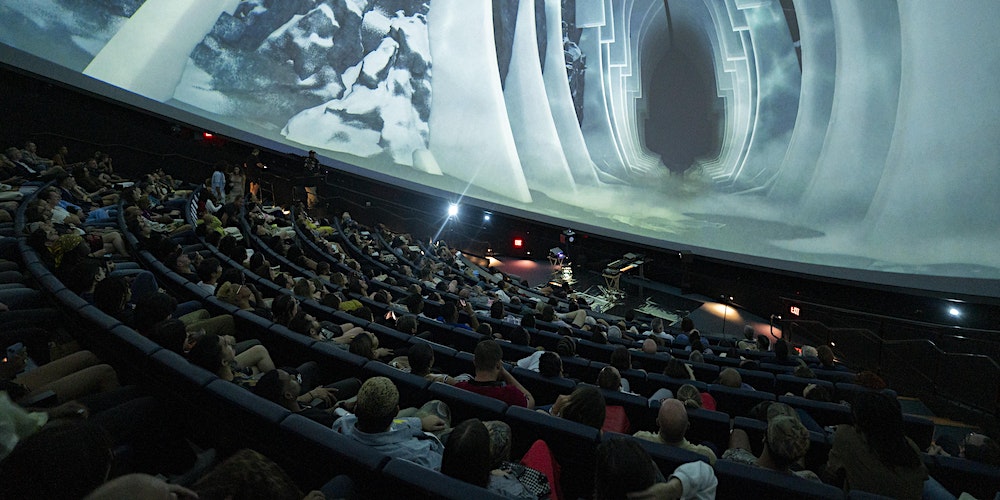
FGI X "REGENERATE X" © FilmGate Miami
Remix X
Reimagine X
Reinvent X
Rebirth X
REGENERATE X
In an era where the echoes of past upheavals reverberate loudly, “REGENERATE X” emerges as a call for collective reinvention— whether through ecological rejuvenation, audacious reimagining of aesthetic paradigms in arts and culture, or resilience and resurgence post COVID.
This year, Filmgate Interactive reinvents itself for its 10th anniversary — FILMGATE X. This festival seeks not only to mirror the world’s recuperative capabilities but to posit art and technology as vital agents of this renewal. Drawing inspiration from the regenerative capacities of our environment and society, we delve into narratives that explore the possibility of a brighter, more inclusive future. Further, with the evolution of generative AI, we’re reminded that regeneration isn’t always a return to a former state: regeneration can radically redefine.
What are the challenges you face in terms of hardware and technology in general?
All hardware is still in development, they get better every year, but we all know that there are huge limitations – bulky, attached to expensive gaming consoles if the experience is graphic heavy or complicated, sometimes buggy and cost prohibitive… but they get better every year and this is what makes my job as a programmer so exciting, to explore how tech limits are being stretched by artists, multiplayer experiences, how they are becoming longer lasting, more complex in terms of story and interaction. Our challenge is to continue gaining audiences, to give them the most satisfying and mind bending experience and to make sure they return. My goal is to take audiences through journeys, cathartic experiences, to inspire them and to make sure they talk about what we have programmed for years, like I talk about haptics or Notes on Blindness and The Key.

